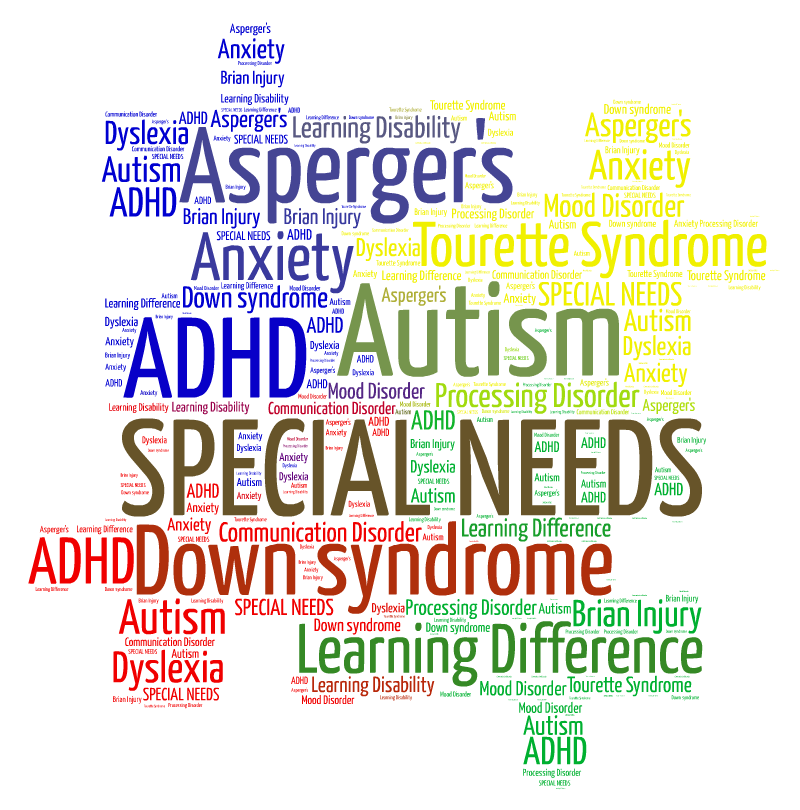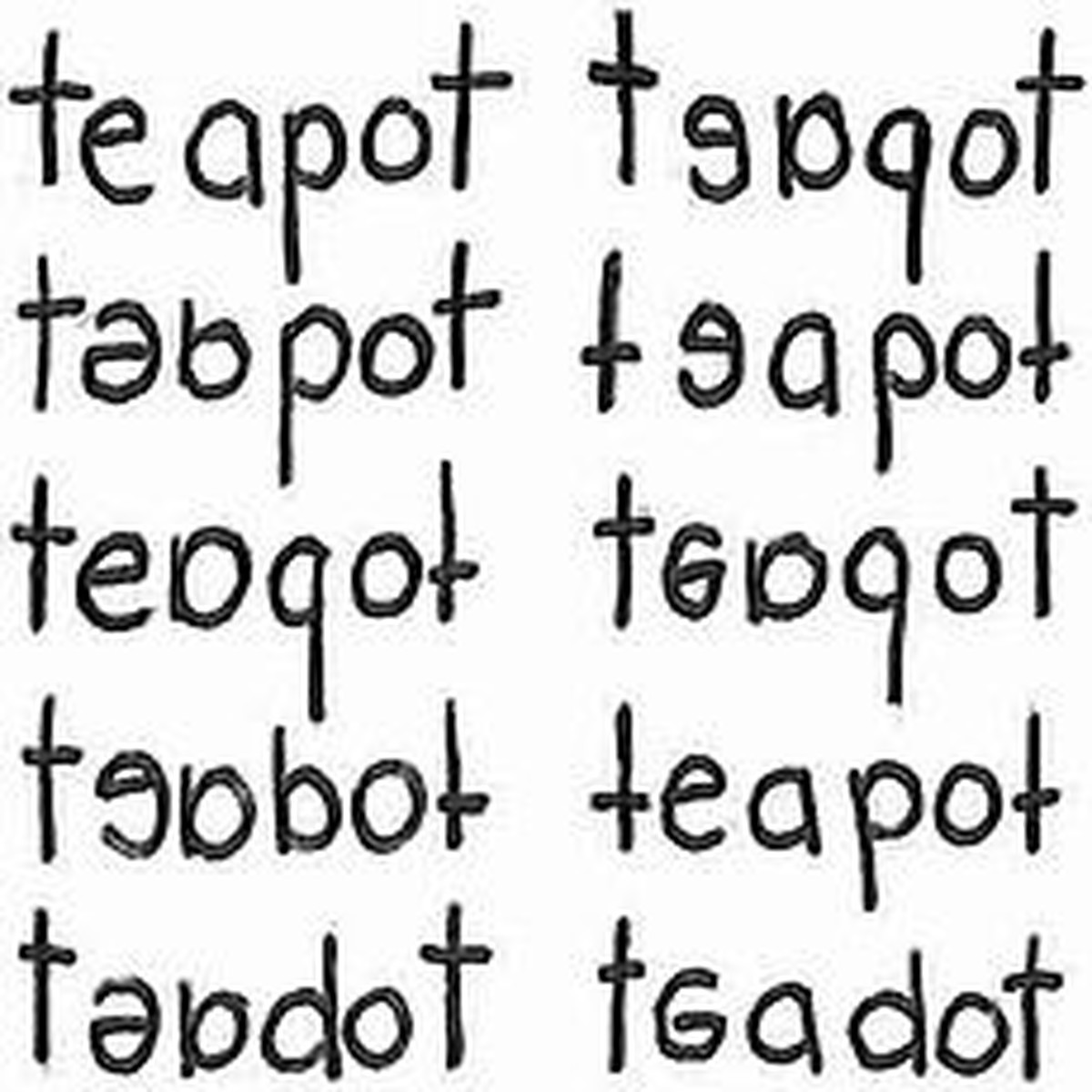SEND

If you feel your child has special educational needs or want to discuss what provision is in place for your child, please contact us below.
Our SENDCOs are: Mrs Lyndsey Higgins and Mrs Kylie Barao-Feliciano
Email address: sendco@stopsley.primaryluton.co.uk
Our Governor with responsibility for SEND is: Mrs Danielle Brunton and Miss Lynsey Hill
SEND Local Offer https://directory.luton.gov.uk/kb5/luton/directory/localoffer.page
We are committed to providing an appropriate and high-quality education to all of the children in our care. We believe that all children, including those identified as having a Special Educational Need or a Disability (SEND) have a common entitlement to a broad and balanced academic and social curriculum, which is accessible to them, and to be fully included in all aspects of school life.
Children are all different and make progress at different rates. They have different ways in which they learn best. Our teachers take account of this in the way they organise their lessons and teach. Children making slower progress or having particular difficulties in one area may be given extra help or different lessons to help them succeed.
The Special Educational Needs (SEND) Code of Practice: for 0 to 25 years (Statutory guidance for organisations who work with and support children and young people with SEND) is the document which gives guidance on increasing options and improving provision for children and young people with Special Educational Needs and Disabilities. This definition appears at the beginning of the document:
A child or young person has SEND if they have a learning difficulty or disability which calls for special educational provision to be made for them. A child of compulsory school age or a young person has a learning difficulty or disability if they:
(a) have a significantly greater difficulty in learning than the majority of others of the same age; or
(b) have a disability which prevents or hinders them from making use of educational facilities of a kind generally provided for others of the same age in mainstream schools or mainstream post-16 institutions.
A child under compulsory school age has special educational needs if they fall within the definition at (a) or (b) above or would so do if special educational provision was not made for them (Clause 20 Children and Families Bill).

We are committed to narrowing the attainment gap between SEND and Non-SEND pupils. We do this through a variety of different provisions which may include after school interventions, short-term specific interventions, home-school interventions and other learning interventions developed on an individual needs basis. Provision is tailored to the individual and their specific needs so it may look different for different children. We teach all of our children that ‘Fair isn’t equal, fair is when everyone gets what they need to be successful.’

To see our school's SEND policy and Local Offer Information Report, please click on the links at the bottom of this page.
Working With Families
Parents know their children best and we want to take into account your views and experience to increase the effectiveness of any provision put in place for the child.
The process of identifying that a child might need additional support or assessment will involve a conversation between school and parents at the earliest opportunity. This makes sure that parents are always consulted at every step and kept fully informed about the help their child is given and the results of that help.
If your child is receiving additional support because of a Special Educational Need or Disability, you will receive a copy of your child's Individual Education Plan (IEP) each time it is reviewed. This gives details of the specific targets your child is working towards and how we can work, in partnership, to help your child achieve these targets.
You will also be invited into school to talk about how your child is doing - what is working and what we might need to do differently. This meeting can be in addition to our Parents' Evenings. Coming to these SEND consultations or Parents Evenings give you an opportunity to talk in greater detail about the support that is in place for your child and to ask questions or give us information.
We work closely with parents of children with more complex needs, in order to support them in school, wherever it is appropriate and possible. We have worked with parents to learn how to support children with medical conditions; those who need specific pieces of equipment or technology; those who need to continue prescribed therapeutic regimes (speech and language, occupational therapy, physical therapy); and those who need to attend other schools to access part of the curriculum.
If you have any questions about what is possible, please come and talk to us.
